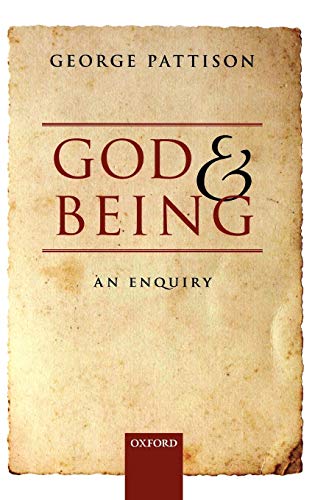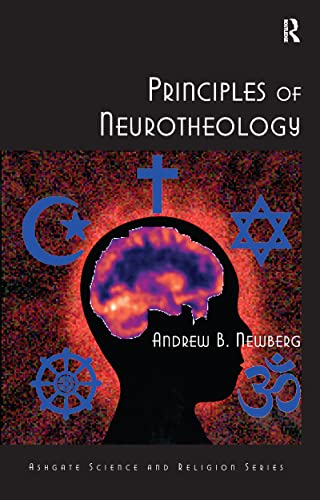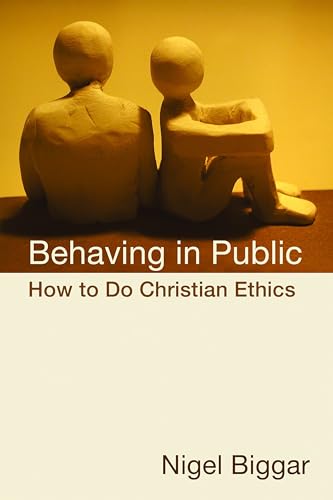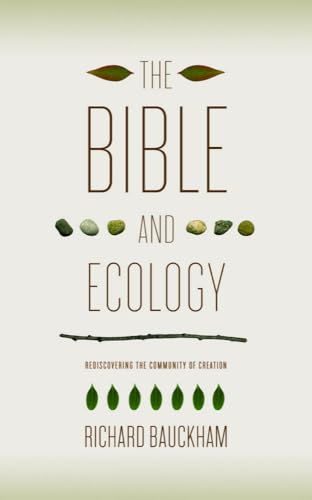God and Being: An Enquiry
Written by George Pattison Reviewed By Matthew BarrettThe title of George Pattison's new book, God and Being, will immediately resonate with those who are familiar with the work of Martin Heidegger (1889-1976), who wrote Being and Time (Sein und Zeit). It will come as no surprise then that Pattison's work is indebted to and very much continues in some respects Heidegger's thought.
One of Heidegger's claims was that Western philosophy, going all the way back to Plato, has misunderstood “being” (or “to be”), focusing on the property and substance of a being. Heidegger criticized traditional approaches to “being” that were characterized by metaphysical, ontological presuppositions—or, as Heidegger himself called them, onto-theological constitutions of metaphysics. Pattison explains what exactly is meant by metaphysical thinking:
Metaphysical thinking is thinking that offers an account of all that is and does so by tracing this 'all' back to its most basic ground, to what makes it be what and as it is, its first cause, or ultimate reason or ratio. This means that it can be described as onto- (from the Greek ontos, being) because it views the world with regard to its being, theo- (from the Greek theos, God) because it deals with the ultimate cause of the world, and 'logical' because it offers an account or discourse (from the Greek logos, word or discourse) of its subject matter. (p. 5)
What then would it mean to move beyond metaphysics? Pattison notes that moving beyond metaphysics has serious consequences for how we would then think about God. “If metaphysics has determined the way in which we think about God . . . then moving beyond metaphysics would seem also to involve moving away from God” (p. 6). Heidegger's critique of metaphysics then is also a critique of theology itself. Heidegger's criticism of the traditional approach to understanding God is voiced when Pattison writes,
Certainly it [Heidegger's approach] is a critique of any theology that construes itself as metaphysics. However, if that means identifying God with the first cause who is causa sui (cause of himself), this is a god to whom 'man can neither pray or sacrifice . . . . Before the causa sui, man can neither fall to his knees in awe nor can he play music and dance before this God.' To which Heidegger adds that 'The god-less thinking which must abandon the god of philosophy, god as causa sui, is thus perhaps closer to the divine God.' (p. 6)
However, is not such a view of God in conflict with the biblical witness? The God we read about in Scripture is eternal, self-sufficient, and asei, not dependent upon the cause of another but the cause of all things. But perhaps this criticism of Heidegger (and Pattison for that matter) takes us a step back to how we should approach any discussion of God or theology. Pattison admits that theologians may consider his work “too philosophical in its general orientation to serve the interests of theology” (p. 14). Here Pattison reacts to Karl Barth. Barth insisted on beginning with God's self-revelation since it is the source and criterion of theological development. In fact, says Pattison, Barth went so far as to argue that theology is not to be dependent on any other “academic discipline for its contents or methods.” Christ and the Trinity are the starting point for any investigation into the doctrine of God. “Anything else is likely to end up being what Barth himself called a case of 'the anthropological tail wagging the theological dog'” (p. 14). Pattison does not hide his disagreement with Barth: “To those who adopt this kind of rhetoric, the present work will doubtless look like a mere 'tail' and a rather scrappy one at that” (p. 14). While I do not agree with Barth, who allows Christology to swallow up theology proper, nevertheless, Barth does have a point: if we do not begin with God's self-revelation, then we inevitably end up with a theology whereby the anthropological tail is wagging the theological dog. Therefore, my major criticism of Pattison is that he commits just such an error. By the end of the book, his understanding of who God is has not been tutored by the Scriptures themselves, but rather by various actors in the discipline of philosophy. It is hard to avoid the conclusion that with such approaches as this, philosophy is no longer the handmaid of theology but vice versa.
Pattison is clear that his book is not an apologetic for Christianity or for a particular ontological view of God himself. This is precisely why others, at least those committed to an evangelical theology, will find themselves disappointed with Pattison's volume in the end. Perhaps what we do need is an apologetic for Christianity that is characterized by clarity and precision on exactly how to understand who God is and what he has done in redemptivehistory.
Matthew Barrett
Matthew Barrett is tutor of systematic theology and church history at Oak Hill Theological College in London and executive editor of Credo Magazine.
Other Articles in this Issue
Evaluating a new English translation of the Bible can be extremely difficult...
In the November 2009 edition of Themelios, Dane C...
Jonathan Edwards (1703-1758) is remembered today as a saint, scholar, preacher, pastor, metaphysician, revival leader, theologian, Calvinist—the list goes on...
Almost two decades ago I wrote an essay titled " When Is Spirituality Spiritual? Reflections on Some Problems of Definition ...
He was the youngest son of elderly parents. His childhood was secluded and unhappy, which might in some measure account for his lifelong melancholy...







